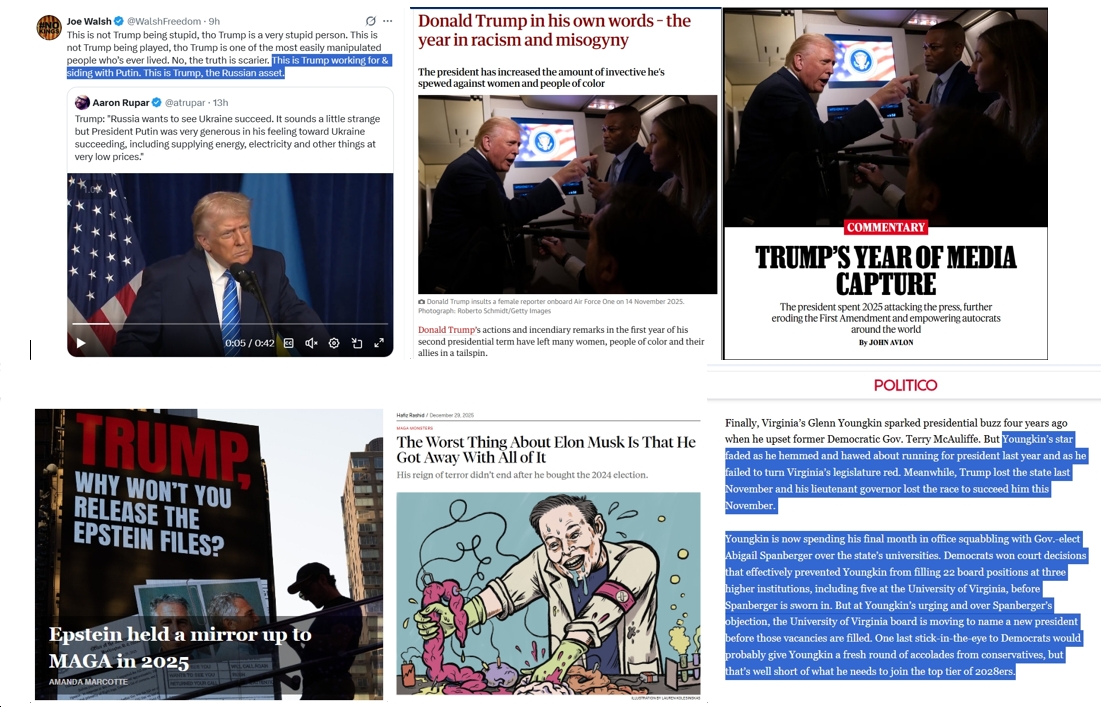I am now perplexed about what Bernie Sanders is doing.
I write as someone who would have liked for Bernie to have prevailed over Hillary in the contest for the nomination—but also as one who regards the question of the nominee as settled: Hillary has won it.
But lately Bernie has been talking about how he is going to win the nomination by persuading enough superdelegates to abandon Hillary and support him at the convention. Does he really think that could happen? That scenario seems totally implausible to me.
Never, since the superdelegate system was created, have those party regulars overridden the choice of the voters. And by every plausible scenario I have seen, Hillary will enter the convention having received more votes, and having more pledged delegates, than Bernie.
But even without the weight of such precedent, it is hard to imagine that the superdelegates – the representatives of the party establishment – would readily reject the establishment candidate in order to nominate someone whose rhetoric has continually attacked “establishment politics.”
As Kos put it in a recent piece:
You can rail against the establishment all cycle and sue the Democratic Party. It was good politics! It won him lots of votes! But then don’t expect that very same establishment to bail you out. If you go to war against them, you must beat them on the electoral battlefield. And it can be done! Because Barack Obama did it in 2008. And if the supers wouldn’t bail out Clinton that year, when Clinton was on the losing end, why would they turn on her this year, when she’s on the winning end?
(I would say that while Obama was challenging the front-running establishment candidate, he was not a challenger to the Democratic Party establishment the way Bernie Sanders is.)
The assertion from the Sanders camp is that the polls show that Bernie would be the stronger candidate against Trump. But, as William Saletan has recently argued, “The problem with current polls that test Sanders against Trump or Cruz is that they don’t capture the effects of the fall campaign.” By which he means that the Republicans would launch a negative campaign against Sanders—attacking him in ways that plausibly can be argued would do him serious damage. In that article, whose title is “Polls Say Bernie is More Electable. Don’t Believe Them,” Saletan goes on to outline the formidable kinds of attacks to which Bernie could well be vulnerable.
I have previously proposed — in a piece titled “Why Bernie Should Draw Right-Wing Fire Now“, a strategy for Bernie to demonstrate his ability to withstand right-wing attacks prior to the convention. But he has not adopted any such strategy. That leaves the superdelegates having to stick with their original choice to support Hillary or to make a very high-stakes bet that strong arguments like Saletan’s are wrong. I see virtually no reason they would make any such high-risk bet.
It is hard for me to believe that Bernie himself credits this notion that the superdelegates might hand him the nomination. And if Bernie does recognize the utter implausibility of this notion, why is he proclaiming it?
This doesn’t seem like the right strategy for the circumstances and for the goals it still makes sense for Bernie to pursue.
I’m not in favor of Bernie stopping his campaign. I’m not in favor of his simply surrendering to the presumptive nominee. He still has something important to accomplish: to use his genuine leverage to extract from Hillary those concessions he can that would best serve the movement and policies that Bernie has run in order to advance.
Bernie has leverage because how Bernie acts from here until Election Day, and especially what he says to his many followers, can have an important impact on Hillary’s strength in the fall campaign. She surely knows this, and so Hillary has good reason to yield what she must to get what she needs.
Just what concessions Bernie might wisely and reasonably seek, and how Bernie and Hillary might best conduct a kind of “negotiation” regarding the combination of such concessions that Hillary makes to Bernie with such forms of support that Bernie gives to Hillary, I will leave for a later piece.
But for now, my point is this: If what Bernie can now accomplish is not about winning the nomination but about influencing Hillary and the Democratic Party, how does Bernie’s present strategy of continuing to talk about pulling off a great political upset with the help of the superdelegates help him in that effort?
It doesn’t look like the most sensible or effective approach to me.



![Sunday News: “Trump Is Briefed on Options for Striking Iran as Protests Continue”; “Trump and Vance Are Fanning the Flames. Again”; “Shooting death of [Renee Good] matters to all of us”; “Fascism or freedom? The choice is yours”](https://bluevirginia.us/wp-content/uploads/2026/01/montage011126.jpg)

![Thursday News: “Europe draws red line on Greenland after a year of trying to pacify Trump”; “ICE Agent Kills Woman, DHS Tells Obvious, Insane Lies About It”; “Trump’s DOJ sued Virginia. Our attorney general surrendered”; “Political domino effect hits Alexandria as Sen. Ebbin [to resign] to join Spanberger administration”](https://bluevirginia.us/wp-content/uploads/2026/01/montage010826.jpg)












